Motorcycling In France Travel Guide
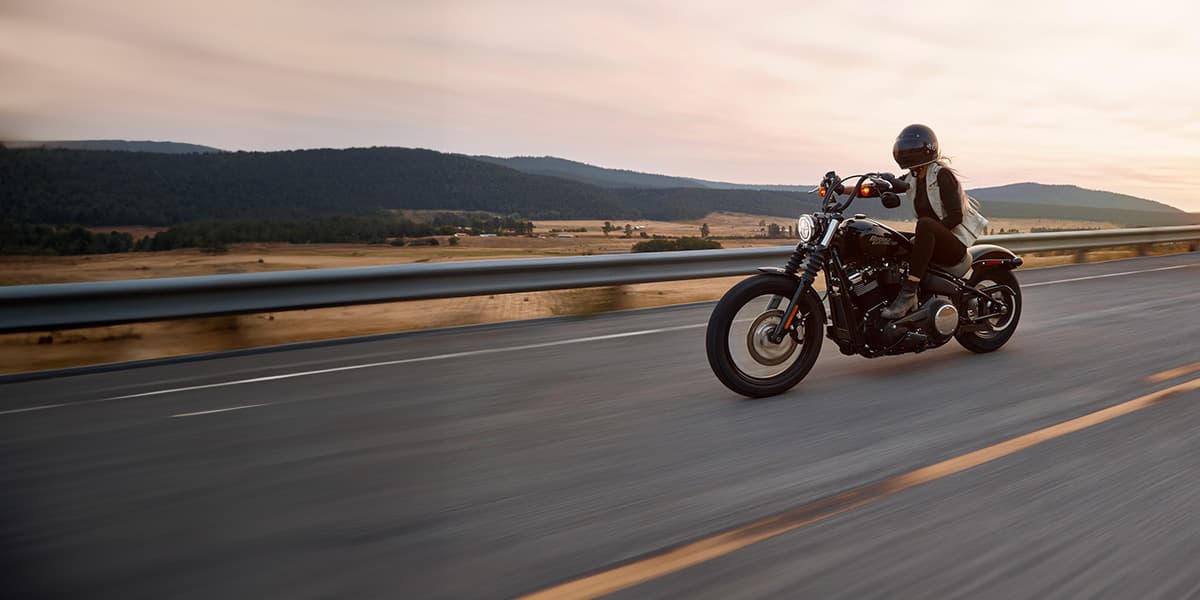
Discover France Motorcycle Tours
Easily reached by boarding one of our car ferries bound for our ports in Calais, Dieppe and Dunkirk and just 175 miles from our Dutch port near Amsterdam, France is Europe’s second largest country and offers even the most veteran motorcyclist a diverse and stunning experience.
There are motorcycling holidays in France for every taste - from thrilling mountainous routes through the Alps, to gentle week-long tours through sleepy villages on quiet rural roads, France really does have it all. What’s more, the French people are famed for their love of motorcycling and are typically very welcoming to bikes and bikers.
Motorbike enthusiasts will also love the annual French MotoGP racing event, which takes place at the iconic Le Mans Circuit. This highly anticipated grand prix event attracts thousands of passionate fans from all over the world and provides a thrilling experience for motorsport fans.
Check out our limited offers for the best value route to France.
Speed limits
Unless otherwise stated, speed limits on French roads when riding a motorbike are as follows:
- Motorways – 130 km/h
- Dual carriageways – 110 km/h
- Other roads – 90 km/h
- Built-up areas – 50 km/h
Required Documentation
When travelling by motorcycle in France you must always carry:
- A full, valid driving licence
- Proof of insurance (third party or above)
- Proof of ID (Passport)
- Proof of vehicle ownership (V5C Certificate)
- GB Sticker, if you don’t have a GB EU number plate
- Crit'Air sticker if travelling through a Low Emission Mobility Zone
Helmets & New Hi-Vis Laws
In France, motorcyclists and their passengers are required by law to wear safety helmets with reflective elements. Make sure to fit reflective stickers before travelling - one on the front, one at the back and one on each side - if your helmet is without reflectors.
As of January 2016, motorcyclists and scooter riders are required to carry a hi-vis vest or jacket while riding in France. An on-the-spot fine of €11 can be issued by police if you do not have one with you. A more serious fine of €135 can be issued if you are not wearing your hi-vis vest or jacket on the roadside or hard shoulder in the event of an accident or breakdown. Pillion passengers are not exempt and will face the same fines as the driver.
Lane splitting
As of February 2016, motorbike riders around Paris, Marseille, Bordeaux, and Lyon are now legally allowed to ride between stationary lines of traffic. However, it is only allowed on dual-carriageways and motorways where the speed limit is 70 km/h or more and when traffic in all lanes is at a standstill.
Elsewhere in France the practice is still considered illegal.
Our routes

Dover-Calais Ferry Crossings
Hop aboard our most popular ferry crossing, Dover to Calais, and arrive in Calais in just 100 minutes. There are many ways to spend time onboard, from dining to duty free shopping.
From
£89
per car + up to 4 people, one way*

Dover-Dunkirk Ferry Crossings
With a journey time of just 2 hours, our Dover to Dunkirk ferry crossing gives you access to Belgium, France, the Netherlands and more. Enjoy dining and duty free shopping on board.
From
£89
per car + up to 4 people, one way*
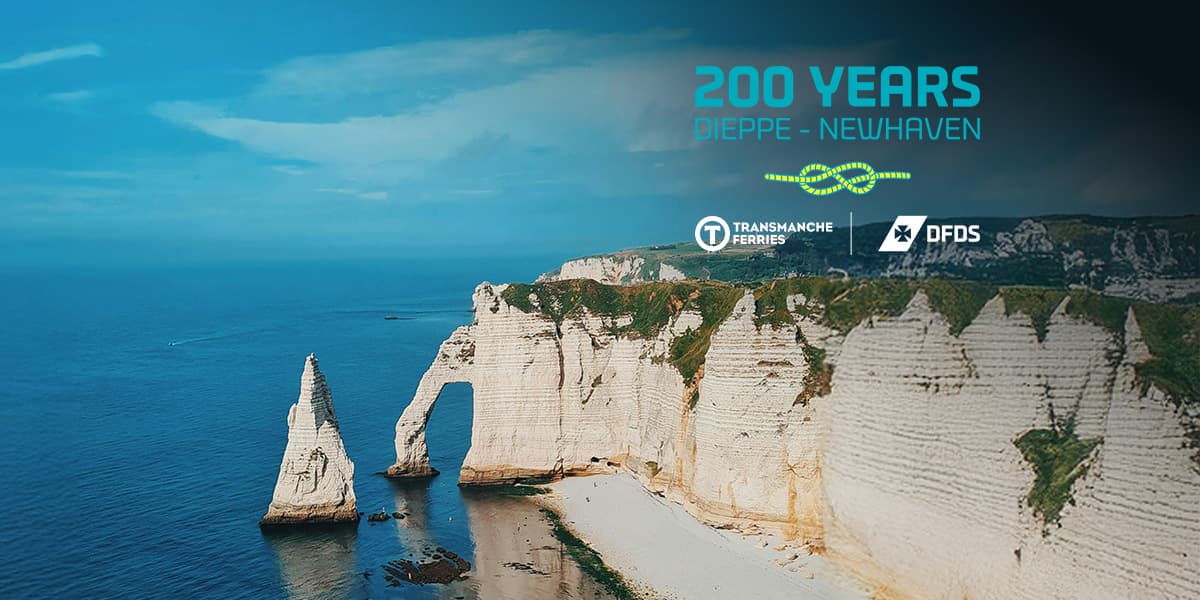
Newhaven-Dieppe Ferry Crossings
Arrive in Dieppe in 5 hours with our Newhaven to Dieppe ferry crossing. Enjoy our facilities while you sail, including restaurants and an onboard shop.
From
£100
per car + 4 people, one way*

Newcastle - Amsterdam ferries
Your trip to Europe starts with DFDS! Book now to secure your place on board for summer adventures, and travel relaxed with your own car + unlimited luggage.
15%
off 2026 sailings
Travel guide

Motorcycling events in Europe
With thousands of miles of incredible roads through some of the most striking landscapes in the world, the motorcyclists can enjoy many events in Europe.
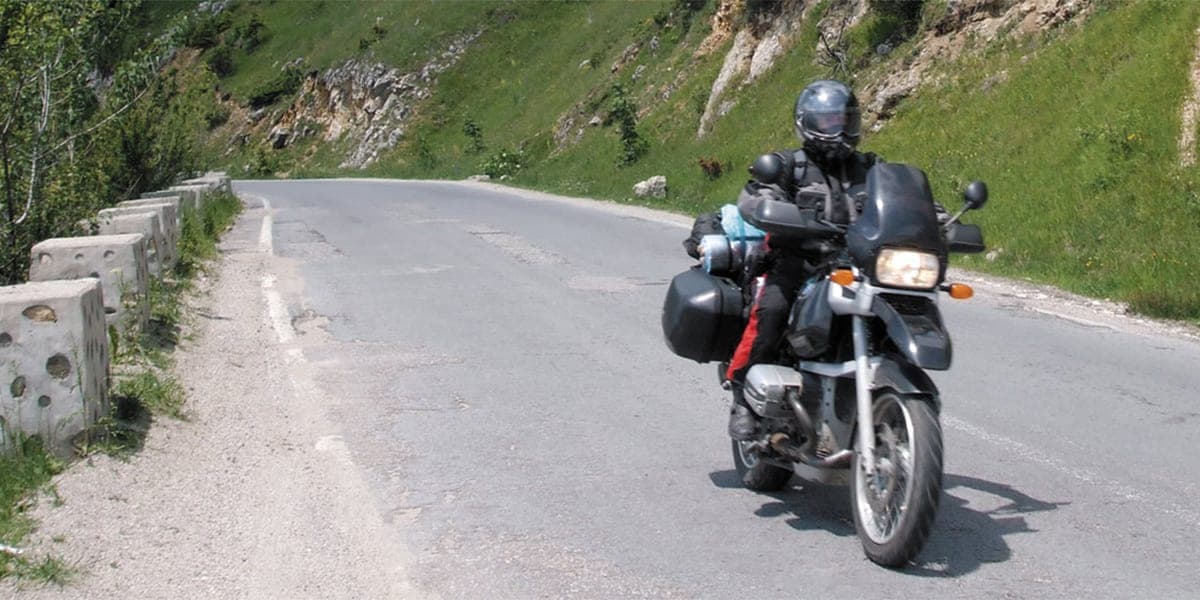
Motorcycling in Belgium
With a quality road network and the scenery to attract thousands of tourists every year, it’s clear to see why Belgium is a growing destination for motorcyclists.
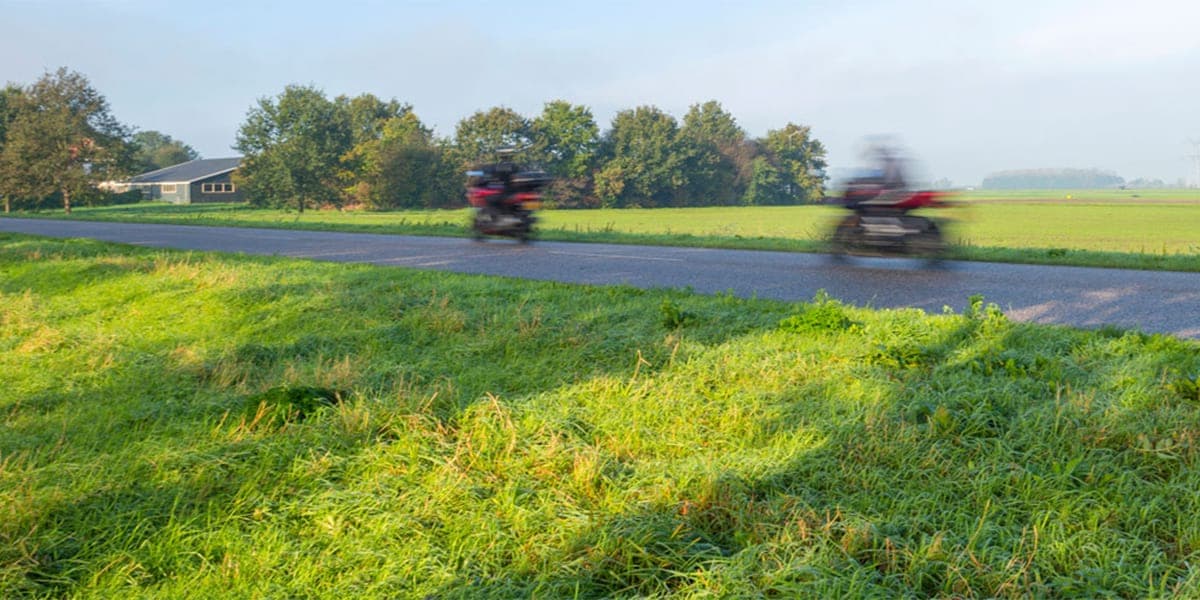
Motorcycling in Holland
With busy cities and wide open rural spaces, Holland has something for every motorcycling holidaymaker.
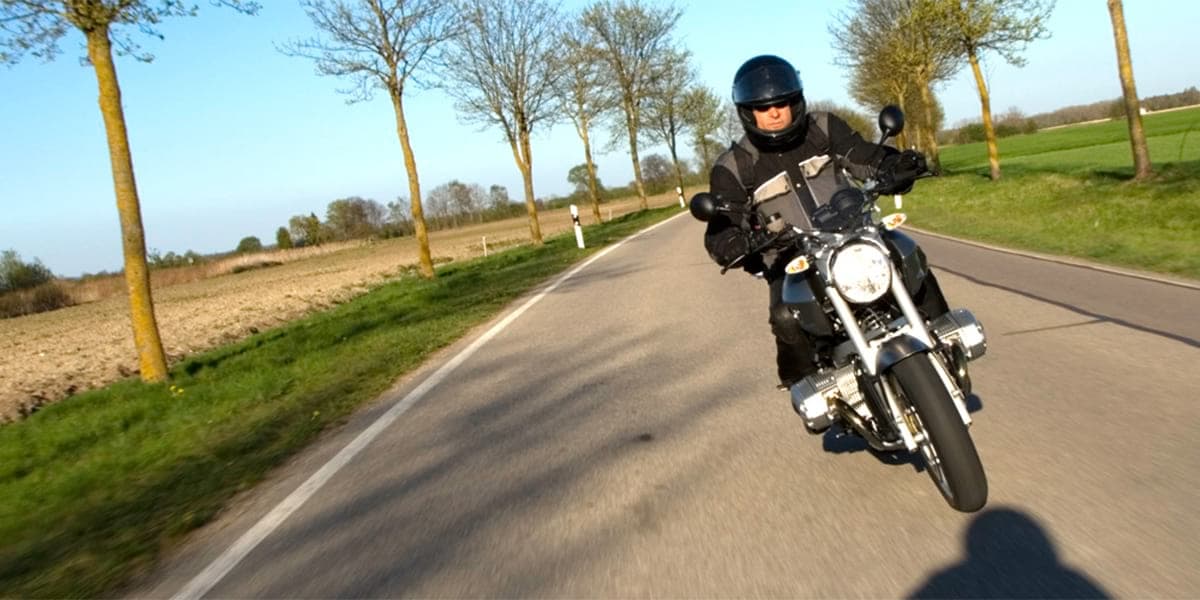
Motorcycling in Germany
From the Autobahn to the Alps, Germany is a country ripe for the motorcycling enthusiast.

FAQ
Prices are subject to availability. Telephone booking fees apply. Terms and conditions apply.